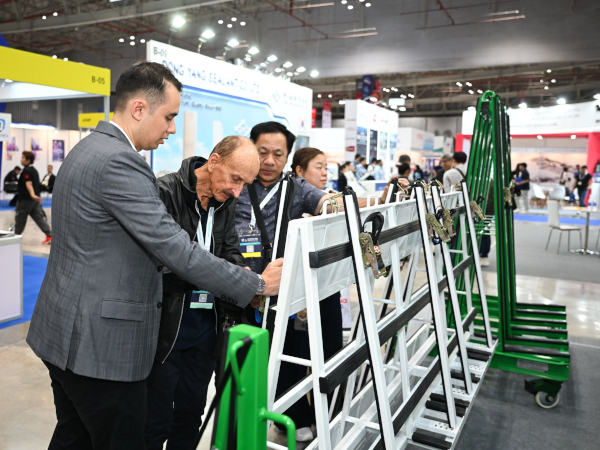Date: 5 June 2003
The imports surge has brought down the capacity utilization of local glass operation to a low 60 percent, even as the rest of the manufacturing sector doubled its growth to 5.3 percent from 2.3 percent last year.
This has led Asahi Glass Philippines Inc., the countrys lone basic glass manufacturer, to file a petition with the Department of Trade and Industry to investigate the imports surge. It seeks a 40-percent to 50-percent tariff on imported glass for the next four years.
Asahi Glass spokesman, Atty. Jose Rivera Jr., said the company needs adequate time to give it a breathing period and allow it to be more globally competitive as it gears up to upgrade its facilities and maintain its furnaces in 2004 and 2007.
With a tariff rate of 10 percent, one of the lowest in the Asean, the Philippines has become a target for cheap imported glass products from these Asian producers. Malaysia imposes a 60-percent glass tariff and Vietnam and Thailand have 40-percent and 30 percent.
Asahi Glass also dispels wrong notions that comparing our industry with the other Asean countries is unwarranted because theirs are oligopolies. According to Rivera, economies of scale is inherent in the glass business and the size of the domestic market in the case of the Philippines, cannot support the viable operation of more than one plant.
The petition is being opposed by a minority group in the industry, which has raised unfounded claims against the local glass producer. According to this group, the Asahi Glass petition may cause uncontrollable increases in the prices of local and imported glass products. This, according to Rivera, is purely speculative.
Rivera warned that a deadbeat glass-making industry would put to waste acquired technology and unmatched local skills perfected through the years.
It would also put in grave peril the continued livelihood of about 65,300 people in the downstream glass industry, he added.
Rivera said that if imports are unabated, the countrys downstream glass industry and consumers would be placed at the mercy of foreign suppliers and producers. This would mean the eventual demise of another pioneering Philippine industry.







Add new comment